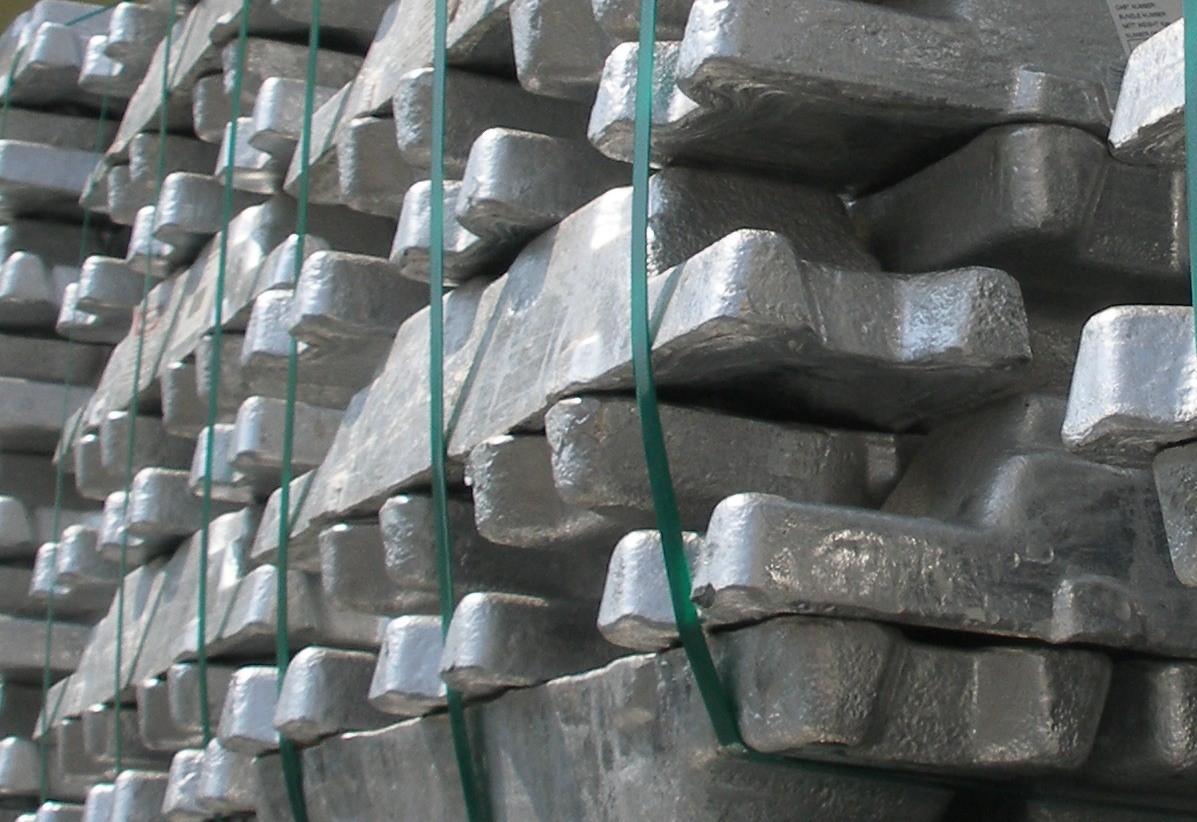

Japan is likely to continue to see a sluggish primary aluminium demand between July and September, owing to slow aluminium products manufacturing recovery from the COVID-19 pandemic and increased imports from overseas.
Discussions over the Japan aluminium premium for the September quarter started recently, with an offer made by a global producer of $85 per tonne over the LME cash price. For the current quarter, the premium is $82 per tonne, settled after extended talks over the anticipation of Japanese weak aluminium demand for the slowdown in the global and indigenous manufacturing sectors. The initial offers for the June quarter were around $100 per tonne.
{alcircleadd}
Major Japanese aluminium users had to lower their product output since April, attributing to the production cut at many domestic carmakers in response to the global slump in new car sales. Automakers extended their output cuts throughout April-June, while Japan’s biggest carmaker Toyota planned to cap output for July-August.
Japan’s imports of primary aluminium ingots declined by 20 per cent over the year to 111,519 tonnes, in line with the production drop of aluminium rolled and extruded products by 8 per cent over the same period to 153,055 tonnes.
Aluminium fabricators demand from the car industry is expected to recover slightly in July-September after bottoming out in April-June. The demand, however, is unlikely to return fully to pre-COVID-19 levels before the end of the year.
Demand from the beverage can manufacturers is expected to rebound relatively faster from the COVID-19 low, caused by the imposed movement restrictions to contain the spread of the virus. Japanese beverage can maker Toyo Seikan is reportedly planning to build a new plant, worth ¥12bn ($110mn), to manufacture aluminium cans for soft and alcoholic drinks at Ishioka in Ibaraki prefecture. The plant is scheduled to start up in April next year and expected to add a capacity of 500 million cans per year to meet the rising demand.
The anticipated lower demand for primary aluminium in Japan could also be attributed to the increase in the country’s aluminium products imports. Domestic product makers have actively invested in overseas production ventures to tap growing overseas demand and increased supply at lesser costs. This shift has priced Japan’s aluminium products sales and production, falling below 2 million tonnes for the two consecutive years during FY20 ending in March. Primary aluminium ingots declined to 1.4 million tonnes for the second straight year.
Responses








